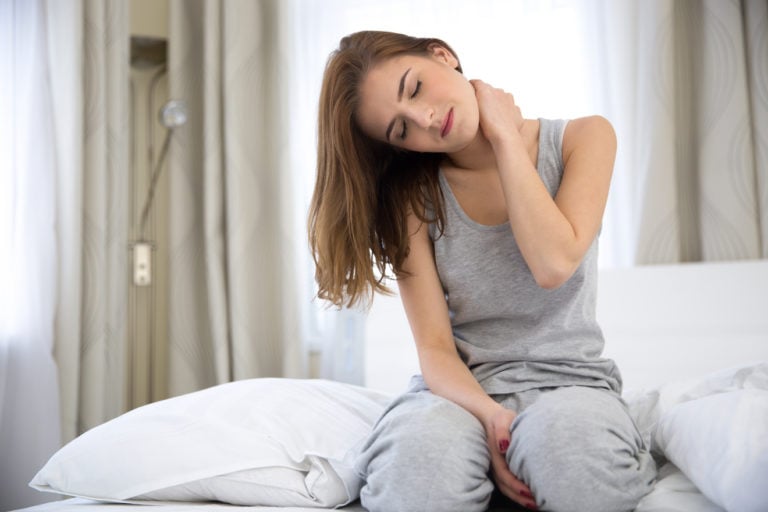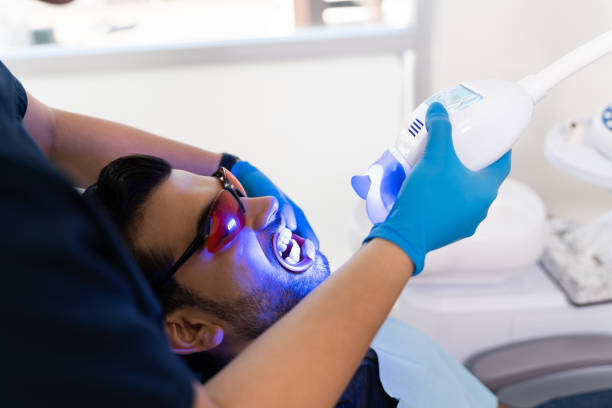The prevalent mental health illness known as anxiety is typified by excessive concern, dread, and uneasiness. Anxiety has a profound effect that goes much beyond the head, even though it mostly impacts emotional health. It emphasizes the complex relationship between mental and physical health because it can appear physically in a variety of ways. This article examines the connection between anxiety and health, looking at how anxiety impacts physical well-being and providing management techniques for both mental and physical health.
Knowing About Anxiety
Anxiety is a normal reaction to stress and can be helpful in some circumstances, such when it gets us ready for a challenge. On the other hand, anxiety can cause a variety of physical symptoms and disrupt daily living when it becomes overpowering or chronic. An individual’s quality of life can be greatly impacted by conditions such as panic disorder, social anxiety disorder, and generalized anxiety disorder (GAD).
Common Anxiety Symptoms
Numerous manifestations of anxiety exist, such as:
Emotional symptoms include emotions of dread, impatience, restlessness, and excessive anxiety.
Cognitive symptoms include difficulty focusing, rushing thoughts, and difficulty making decisions.
Physical Symptoms: Headache, tense muscles, nausea, fatigue, and disturbed sleep.
Recognizing the tremendous consequences anxiety may have on the body requires an understanding of these signs.
The Reaction of the Body to Anxiety
The body goes into heightened awareness when faced with worry, which is commonly known as the “fight or flight” reaction. Several systems are involved in this physiological response, including:
-
The nervous system
The body’s reaction to stress is mostly controlled by the autonomic nervous system (ANS).
There are two branches to it:
The fight-or-flight reaction is triggered by the sympathetic nervous system, which raises blood pressure, heart rate, and adrenaline levels. In doing so, the body gets ready to react to perceived dangers.
The parasympathetic nervous system encourages rest and recuperation. Prolonged stress responses can be caused by an overactive sympathetic nervous system, which is brought on by chronic anxiety.
-
Modifications in Hormones
The stress chemicals cortisol and adrenaline, in particular, are released in response to anxiety. Although these hormones have certain benefits in brief periods, long-term increase can cause a number of health problems, such as:
Reduced Immune Function:
Extended high cortisol levels can impair immunity, increasing a person’s susceptibility to illnesses.
Weight Gain:
Increased desire and cravings for unhealthy foods are linked to elevated cortisol levels, which can lead to metabolic problems and weight gain.
-
Distress in the Stomach
Because of its intricate connection to the neural system, the stomach is frequently referred to as the “second brain”. Anxiety can cause a number of gastrointestinal issues, such as:
IBS, or irritable bowel syndrome:
Bloating, changed bowel habits, and abdominal pain are common signs of anxiety in people.
Sickness and Digestive Problems:
Anxiety can worsen physical discomfort by causing nausea, indigestion, and appetite disturbances.
-
Pain and Tension in Muscles
Tension in the muscles brought on by persistent anxiety might result in:
Headaches:
Those who are under a lot of stress or anxiety frequently have tension headaches.
Chronic Pain:
Disorders like fibromyalgia and other chronic pain syndromes can be exacerbated by tense muscles.
-
Health of the Heart
Heart health can be significantly impacted by anxiety.
Persistent anxiety is linked to:
Elevated Heart Rate:
As a result of stress, the body raises blood pressure and heart rate, which might eventually be dangerous.
Heart Disease Risk:
Research suggests that there may be a connection between anxiety disorders and an increased risk of cardiovascular disease.
The Relationship Between the Mind and Body
In order to address the impacts of anxiety on physical health, it is imperative to comprehend the mind-body link. Our physical condition can affect our thoughts and emotions, and vice versa.
As an illustration:
Patterns of Cognitive Behavior:
Adverse mental habits have the potential to intensify somatic manifestations, generating a vicious cycle of unease and stress.
Symptoms in the body What Sets Off Anxiety:
It can be difficult to break the cycle of anxiety when dealing with physical conditions like chronic pain or digestive problems. Can anxiety is impacting your physical health
For general well-being, anxiety and its bodily symptoms must be addressed. The following are some practical methods for reducing anxiety and enhancing physical well-being:
-
Meditation and mindfulness
Deep breathing exercises and meditation are examples of mindfulness techniques that can help relax the nervous system and lessen anxiety. By practicing present-moment mindfulness, these approaches can assist in interrupting the pattern of anxious thoughts and physical symptoms.
-
Frequent Exercise
Exercise is an effective strategy for reducing anxiety and enhancing physical well-being. Endorphins, which can improve mood and reduce stress, are released with its assistance. Aim for 150 minutes or more per week of moderate to intense aerobic activity. Exercises such as yoga, dance, jogging, and walking can be especially helpful.
-
Nutritious Diet
Both physical and mental health can be supported by a well-balanced diet.
Add the following:
Fruits and vegetables:
Packed with nutrients, vitamins, and antioxidants that support brain function.
Whole Grains:
Boost mood and offer consistent energy levels.
Omega-3 Fatty Acids:
Known for its ability to stabilize mood, they can be found in walnuts, flaxseeds, and fatty fish.
-
Good Sleep Practices
Getting enough sleep is crucial for both physical and mental well-being. Enhancing the quality of sleep can be accomplished by establishing a regular sleep schedule, making the bedroom peaceful before bed, and avoiding stimulants just before bed.
- Social Support Creating a network of friends, family, or support groups can help people feel less alone and offer emotional support. Anxiety can be reduced by talking to people about your feelings and experiences.
- Professional Assistance Getting professional assistance is essential if anxiety severely affects your life. Treatments for anxiety disorders include exposure treatment and cognitive-behavioral therapy (CBT), which have been shown to be successful. In some cases, a prescription for medication may be issued.
Alternative Therapies’ Significance
Alternative therapies can be helpful in controlling anxiety and its physical symptoms in addition to established treatments:
Acupuncture:
Research indicates that by encouraging relaxation and restoring the body’s energy balance, acupuncture may help lessen the symptoms of anxiety.
Supplements with Herbs:
Some plants are well known for their calming properties; they include lavender, chamomile, and valerian root. Before beginning any herbal regimen, though, speak with a healthcare professional.
Summary
Given the complex relationship between mental and physical health, a holistic approach to well-being is crucial. Anxiety is not only a mental health problem; it can also have a substantial physical health impact due to its systemic consequences. Comprehending this connection is the first measure towards proficient administration.
People can effectively control their anxiety and its bodily manifestations by implementing techniques like mindfulness, regular exercise, healthy eating, and seeking professional assistance. A higher sense of general well-being and an enhanced quality of life can result from placing equal emphasis on mental and physical health.
Acknowledging the relationship between the mind and body enables people to take charge of their health, leading to a more balanced and healthy living. It is possible to end the cycle of worry and develop a level of wellbeing that supports the mind and body when the correct resources and assistance are provided.










